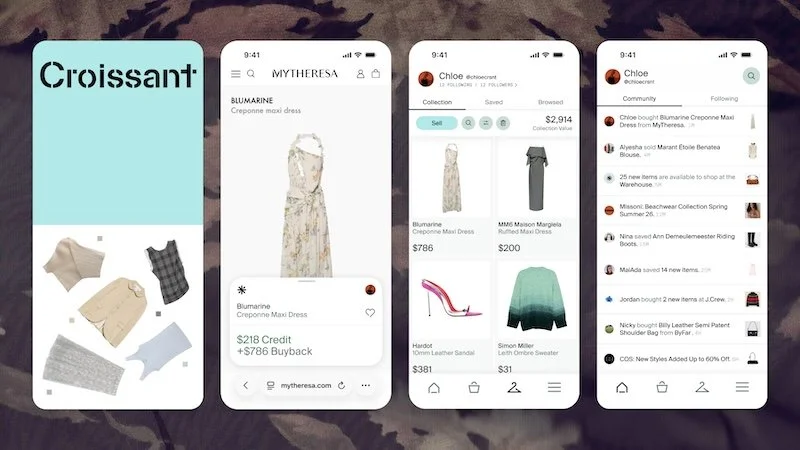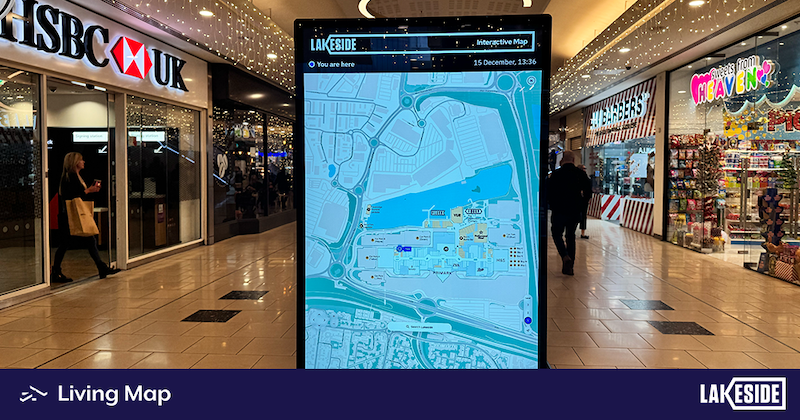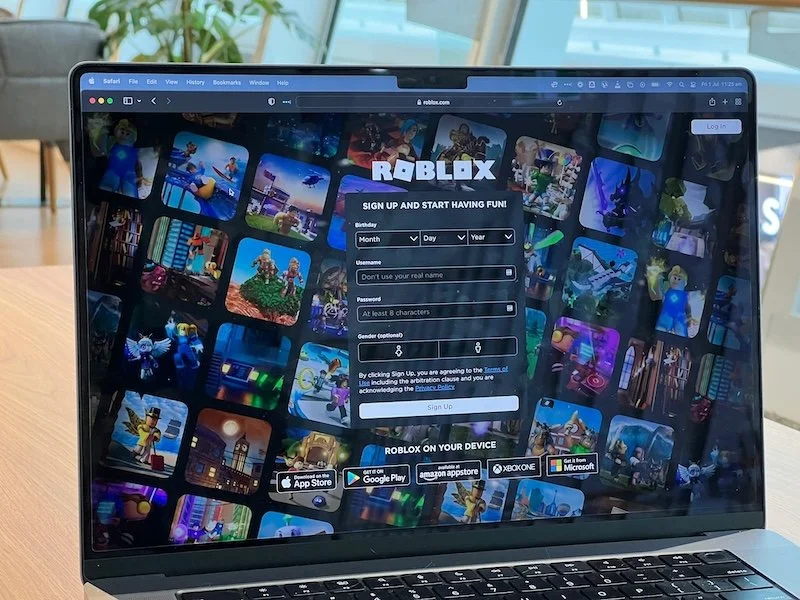Lessons in money management learned through smarter shopping
Shopping smarter isn't just about clipping coupons or chasing sales. It's a real opportunity to manage your finances more effectively. With thoughtful habits, simple strategies, and smarter spending choices, you can save more while avoiding unnecessary purchases.
This isn't about extreme frugality. It’s practical advice anyone can use to make shopping an ally in their budget goals. To understand how small changes can lead to significant savings, stay with us as we discuss ways to transform everyday spending into long-term financial gains.
Tracking Expenses to Spot Spending Patterns
Understanding where your money goes begins with tracking expenses. By noting every purchase, you can uncover patterns and habits that drain your budget. A simple notebook or free apps like Mint make it easy to categorize spending into essentials and extras.
For example, if the cost of coffee runs adds up to $50 weekly, brewing at home could save hundreds of dollars annually with minimal effort. Small adjustments like these free up cash for bigger goals while keeping your finances on track.
Image source: Pexels.
Leveraging Price Comparison for Better Deals
Comparing prices is one of the simplest ways to save money, yet it’s often overlooked. Whether you're shopping for groceries, clothing, or electronics, a quick search across stores can reveal significant price differences. Websites and apps like CamelCamelCamel or Honey make this process even easier by tracking prices and highlighting discounts.
But smarter shopping doesn’t stop with everyday purchases, as it’s a lesson you can apply to taking out loans as well. For instance, picking packages from reputable lenders like 118 118 Money is key to avoiding excessive fees and hidden costs.
Treat every financial decision as an opportunity to find value. When you commit to regularly comparing options, you'll spend less over time while ensuring your choices align with your budget priorities. It’s not about chasing the cheapest deal but finding quality at the best possible price point.
The Role of Patience in Smarter Shopping
Patience pays off when it comes to shopping, particularly in the $26 trillion e-commerce space. Waiting before making a purchase often leads to better deals or clarity on whether you truly need the item. Sales cycles, clearance events, and even restocking periods can lower prices significantly if you're willing to hold off.
For example, electronics typically drop in price after new models launch. By resisting impulse buys and planning ahead, you can avoid overpaying for products that will soon be available at a lower price.
Practicing patience doesn't mean missing out; it means buying at the right time while staying within budget and reducing financial stress long-term.
Identifying Wants vs Needs
Distinguishing between wants and needs is fundamental to smarter shopping. Needs are essentials, such as food, housing, or utilities, while wants include extras that enhance life but aren't crucial.
Before buying something new, ask yourself: Is this a necessity? Or can I wait or do without it? For instance, upgrading your phone every year may be tempting but isn't usually necessary if your current one works fine.
By prioritizing needs over fleeting desires, you allocate resources more wisely. This approach not only saves money but also fosters mindful spending habits that align with long-term financial goals and help avoid unnecessary debt.
Harnessing Loyalty Programmes Without Overcommitting
Loyalty programs can save money if used wisely, and they’re becoming more advanced and personal by the month. From grocery stores to online retailers, these programmes offer rewards such as discounts or cash back on purchases you would have made anyway. However, overcommitting to one brand often leads to overspending just for points.
Focus on loyalty cards that match your regular habits. For example, a grocery store programme with weekly discounts benefits more than a rarely used retailer’s rewards system.
Keep track of expiration dates and avoid buying things you don't need simply for perks. Used strategically, loyalty programmes help stretch your budget without encouraging unnecessary spending or complicating your financial planning.
How Seasonal Sales Can Stretch Your Budget Further
Timing your purchases around seasonal sales helps maximise savings. Major holidays like Black Friday when over $39 billion is spent online, or year-end clearances often feature discounts on everything from electronics to clothing. Similarly, shopping during the off-season yields great deals. Think buying winter coats in summer or patio furniture in fall.
Plan ahead by keeping a list of items you need and waiting for these sale periods. Avoid being lured into impulse buys simply because something is on sale.
Seasonal sales aren't just about lower prices; they enable thoughtful planning, allowing you to get what you need without straining your budget while avoiding last minute, full price purchases altogether.
The Last Word
Smarter shopping isn’t about sacrificing enjoyment. It’s about making thoughtful choices that align with your financial goals. Small changes, such as tracking spending or timing purchases around sales, build habits that save money over time.
With these strategies, you control your finances while still getting what you need, guilt free and stress free.































Continue reading…